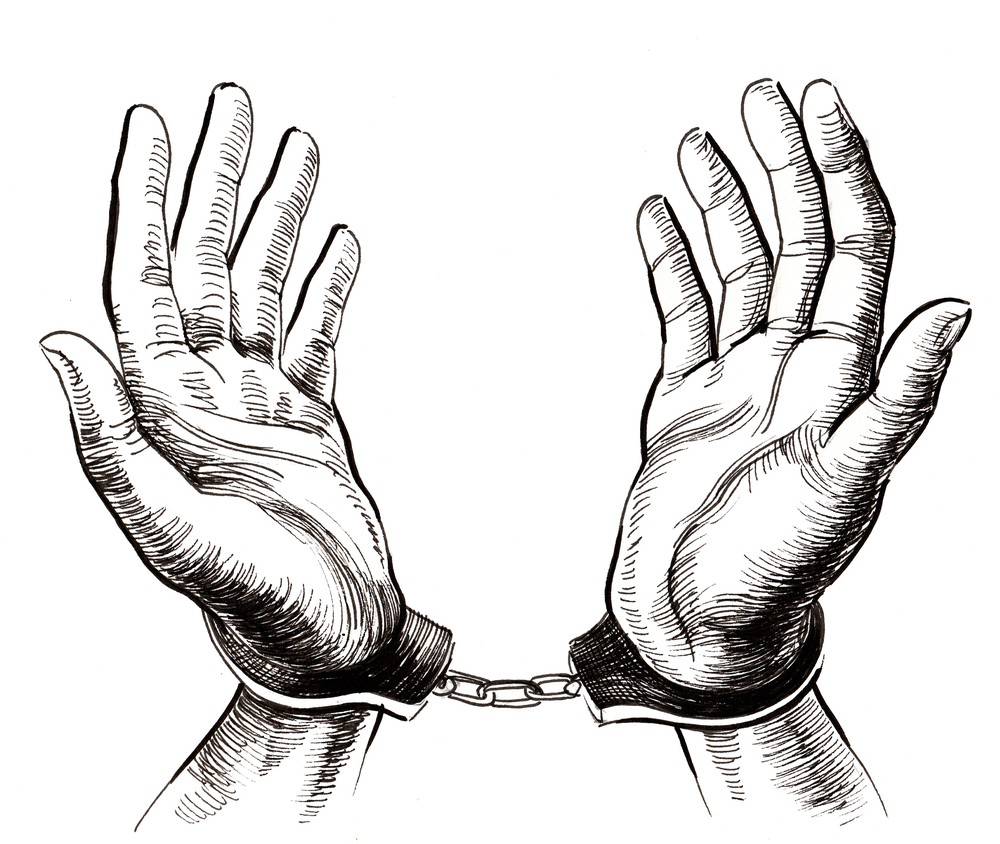While it may be easier to label people as a whole as “bad” or “malicious”, this dismisses the ways that we all engage in harm and need resources, rather than isolated punishment, to learn and grow.

When was the last time you “said the wrong thing”? What may have come up for you: Defensiveness? Embarrassment? Confusion? It seems we all have moments like this, and yet there is an iron curtain around talking about them. So let’s dig in.
1. Surface-level solutions
In Fearless Futures’ programs, we ask participants to use a set of inclusion tools to address instances of oppression that come up in the workplace. One such example is a colleague, Meg, who uses they/them pronouns and is continuously misgendered by their boss. When we ask participants how they could show allyship during this scenario, I frequently hear that the manager should be fired because of his dehumanizing behavior. I am always surprised at the urgency of this suggestion, which makes me wonder about how that has come to be a “correct” answer.
As a trans facilitator, I notice that people may unconsciously adapt their behavior when interacting with folks who sit at the site of oppression that is being discussed. Whether it’s because participants are hyper-aware of my identity, or they are nervous in front of their colleagues, I sometimes find that participants are more eager to prove their gender competence and distance themselves from their complicity in transphobic practices, than they are interested in digging deeply into the ways we all perpetuate cissexism.
So why is this response so common? We live in a world that emphasizes the atrocity of individual transgressions outside of the context of oppressive systems that create the conditions for these behaviors. While it may be easier to label people as a whole as “bad” or “malicious”, this dismisses the ways that we all engage in harm and need resources, rather than isolated punishment, to learn and grow. In We Will Not Cancel Us, adrienne maree brown writes, “If I can see the ways I am perpetuating systemic oppressions, if I can see where I learned the behavior and how hard it is to unlearn it, I start to have more humility as I see the messiness of the communities I am a part of, the world I live in.”
2. What is a punitive mindset?
Many societies have been indoctrinated into a “carceral mindset,” or a reliance on punishment as the only solution to adverse behavior. This crops up in every aspect of life: from a parental norm to shame or yell at “misbehaving” children, to random drug testing in the workplace, to locking starving people in cages for stealing food, we approach mistakes with a culture of suspicion and vengeance.
While our understanding of this socialization does not excuse individual harm, it can help us identify how processes we associate with safety can reinforce the reproduction of systemic oppression itself. Mariame Kaba and Erica Meiners explain that the “culture of control and surveillance mirrors the intensification of state punishment.” It is thus non-white, disabled, non-heterosexual, and/or gender non-conforming people who are disproportionately surveilled and disciplined, as we can see reflected in the inequities in our schools, workplaces, and communities.
Now, when we are aiming to move away from a culture of punishment, this does not mean a free ticket for people to get away with prejudicial language and behavior, but rather that we must put our time and energy into developing accountability processes that ensure any harm caused will be acknowledged and changed.
3. Moving towards accountability
What might this look like in the scenario about Meg? When we consider a colleague for whom English is not their first language or for whom gender-neutral pronouns are completely different in their culture, we can identify how allyship with trans folks must begin with investing in trans-competent educational spaces and resources for all of our employees (especially for anyone in a social services or healthcare profession). As for the harm caused by the manager, our workplaces need to have the infrastructure to acknowledge and adjust power imbalances through an accountability process, some of which can be built with transformative justice tools.
Kaba often says that while we cannot hold others to account, we can create the conditions for them to consent to accountability. This requires a commitment from each of us to not shame people for mistakes, particularly because learning cannot happen in a state of shame. Adrienne maree brown highlights that once we understand our collective capacity to harm, we can disentangle mistakes, misunderstandings, and harm to be specific about how to respond. Rather than bristling at difficult conversations, Fearless Futures likes to view them as a space for compassionate investment in an individual by the people who care about their growth.
And if we can expect to receive this generosity when we inevitably cause harm to someone, how can this second chance be extended to the people whose lives depend on it most? Specifically, can moving away from the carceral mindset that we wish for ourselves shed light on the archaic desire for revenge against current and formerly incarcerated citizens?
4. The problem with prisons
Two decades ago, Dr. Angela Davis wrote “Prisons disappear human beings to convey the illusion of solving social problems,” which disproportionately targets Black and brown people who are stuck in an intergenerational cycle of poverty. Instead of providing resources to the houseless, unemployed, and mentally ill, governments scapegoat communities of color for the social inequities the government created, resulting in, for example, Black people today being incarcerated at five times the rate of whites, despite only accounting for thirteen percent of the US population.
Our culture of punishment is so deeply rooted, that the word ‘criminal’ has become synonymous with disgust and disdain, and many people don’t think twice about why prisons have been so successful at hiding away and isolating whole communities of people. Not only do incarcerated folks pay years of their life behind bars (even though long sentences are counterproductive to public safety) because of our collective prioritization for retribution, but upon release, reintegration into society is met with stigma and impossible parole requirements that lead to high rates of recidivism.
And who benefits? At an institutional level, private prisons get wealthy off of caging more and more people, resulting in the prison industrial complex as we know it today. At the societal level, when white and wealthy people commit the same crimes as people of color, they are often defended or acquitted because their humanity is made visible.
5. Utilizing a growth mindset
Despite their inequitable methods, prisons are still seen as the only solution to violence, and the only form of seeking justice. Kaba asks, “In light of the failures of the criminal legal system, why would system defenders and reformers fear experiments or different structures for addressing harm?” For example, when you hear someone advocate for the abolition of prisons or the police, ask yourself why your first reaction may be dismissal or delegitimization. When your first reaction is that incarcerated people deserve a lifetime of suffering or that police keep us safe, ask yourself which communities they are designed to protect (hint, it’s not people of color who disproportionately die at the hands of police).
What emotions are stirred up for you? Listen to them; wonder about how your desire for generosity and accountability for yourself and your loved ones conflicts with your expectation to have others imprisoned. This is useful personal data if we are to truly invest in systems that undo our culture of punishment.
So the next time you cause unintentional harm and know your will to change, apply this growth mindset to community members affected by incarceration who need the legitimacy and resources to act on theirs.
To learn more about community re-entry and donate to an organization that empowers formerly incarcerated women to heal and grow, visit
Support us by donating.
If you’re interested in deepening your organization’s work on conflict and accountability then we highly recommend the work of Lea Roth and Stas Schmiedt at Spring Up.

